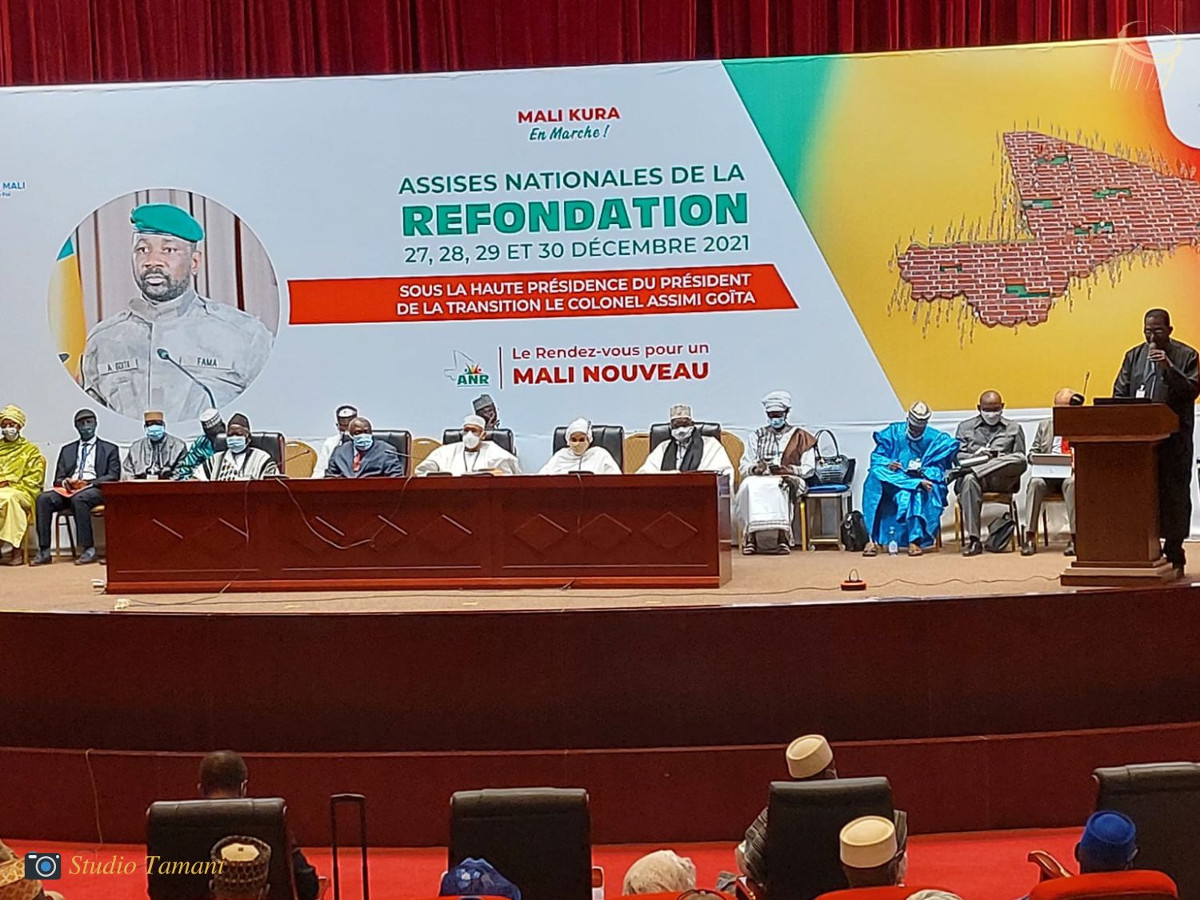
For decades, the dream of a national refoundation has remained a persistent call among the Malian population—driven by recurring military coups, institutional instability, and a widespread desire for deep political and social reform.
But it was the 2021 coup d’état that marked a turning point, transforming what had long been a popular aspiration into a concrete political commitment. In the wake of the upheaval, Mali’s transitional authorities organized the Assises Nationales de la Refondation (ANR), a major national forum promising inclusive dialogue and far-reaching reform.
Framed as a participatory process, the ANR aimed to heal national wounds, redefine state-citizen relations, and build a more equitable governance system.
The approach drew praise at the time for its stated intention to include marginalized voices and foster broad-based ownership of national reforms.
However, four years into the implementation of the ANR’s recommendations, questions are now emerging over whether those lofty promises of inclusion and participation have truly been fulfilled.
These concerns are at the heart of a new special edition of Gouvernance et Citoyenneté, a governance magazine produced in collaboration with the Netherlands Institute for Multiparty Democracy (NIMD).
The publication forms part of the EU-funded PREDIRE programme—Programme de Recherche et de Dialogue pour la Refondation—which monitors the progress of Mali’s political transition.
The report highlights both achievements and critical shortcomings, especially around the involvement of civil society, youth, and women in shaping the reforms. While some progress has been made, analysts and community voices interviewed for the feature suggest that many structural barriers remain.
As Mali continues its journey toward democratic renewal, the credibility of the refoundation process may ultimately hinge not only on policy outcomes, but on the extent to which ordinary citizens are truly heard and included at every step.



